
Understanding New Tenant Protection Laws In New York
Landlords in New York must stay up-to-date on tenant protection laws to prevent and manage rental property damage. As of June 2019, the state had enacted a number of new laws to protect tenants from unfair eviction practices and unjust rent increases.
These laws give tenants more rights and resources to report and address property damage caused by natural disasters or landlord negligence. Landlords should become acquainted with these laws to ensure that they are following all necessary procedures and avoiding any legal issues with their tenants.
To maintain a mutually beneficial relationship, both landlords and tenants must understand their respective rights and responsibilities under these new laws.
TABLE OF CONTENTS
- Understanding New Tenant Protection Laws In New York
- The ABCs Of Housing: A Comprehensive Guide For Tenants
- Your Right To Regular Property Inspections As A Tenant
- Utilizing Security Deposits To Offset Damages: Know Your Rights
- Beyond Normal Wear-and-Tear: When Can Tenants Sue For Damage?
- Mitigating Risk As A Renter: Tips And Strategies
- Navigating Renter’s Rights And Protections In New York State
- Social Media And Its Impact On Landlord-tenant Relationships
- Can Landlords Sue Tenants For Rental Home Damage In New York?
- Balancing Rent And Security Deposit Amounts As A Tenant
- Understanding The Legal Process Of Landlords Taking Tenants To Court
- Recent Developments In Tenant Protection Laws: What You Need To Know
- Contacting A Firm For Legal Assistance With Landlord-tenant Issues
- Free Strategy Session: Finding Solutions For Tenant Disputes And Concerns
- Stay Steadfast For Justice: Standing Up For Your Rights As A Renter
- Dealing With Property Damage As A Tenant In New York City
- Essential Clauses In Rental Agreements To Protect Tenants’ Rights
- Evictions And Illegal Actions By Landlords: How To Protect Yourself
- Am I Responsible For Repairs As A Tenant In New York?
- Tenancy Termination Procedures And Your Rights As A Tenant
- Can A Landlord Sue For Damages In NY?
- What Repairs Are Landlords Responsible For In NY?
- What Are My Rights As A Tenant In NY State?
- What Is Section 227 Of The Real Property Law In NY?
The ABCs Of Housing: A Comprehensive Guide For Tenants
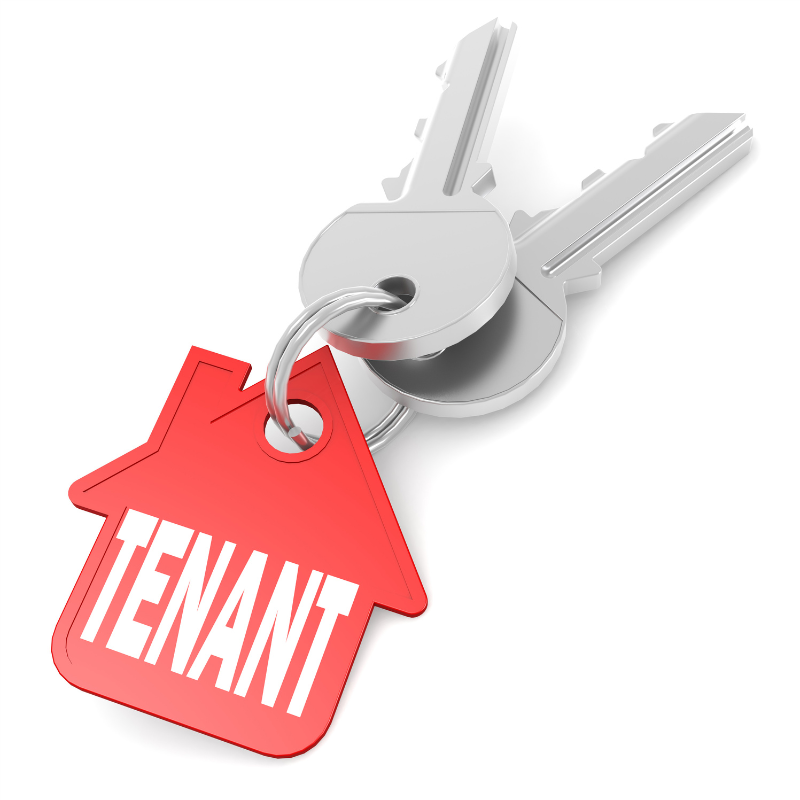
Understanding the ABCs of housing is crucial for New York tenants to prevent and manage rental property damage. This comprehensive guide will provide you with all of the information you need to be a responsible and knowledgeable tenant.
The first step is to read and comprehend your lease agreement, including any clauses regarding property damage. It is also critical to communicate with your landlord on a regular basis about any maintenance or repair needs, as well as to report any damages as soon as they occur.
Additionally, adhering to proper cleaning and maintenance procedures can help avoid unnecessary damage. In the unfortunate event of damage, it is critical to accept responsibility and collaborate with your landlord to find a solution that is fair to both parties involved.
By following these simple guidelines, you can be a responsible tenant and maintain a positive relationship with your landlord while living in your New York rental property.
Your Right To Regular Property Inspections As A Tenant
Landlords must protect their investments and maintain their New York rental properties. One way to accomplish this is to exercise your right to conduct regular property inspections, as specified in your lease agreement with your tenant.
These inspections keep you up to date on the condition of your property and identify any potential damage or maintenance issues that need to be resolved. By being proactive and conducting these inspections on a regular basis, you can detect and address any issues early on, avoiding costly repairs down the road.
Regular inspections allow you to communicate with your tenant about their maintenance responsibilities and hold them accountable for any damages caused during their tenancy.
Utilizing Security Deposits To Offset Damages: Know Your Rights

Landlords in New York must understand their rights when using security deposits to offset tenant damages. According to New York state law, landlords may use the security deposit for any repairs or cleaning that exceed normal wear and tear.
Landlords can deduct damages from tenants’ security deposits if they provide proper documentation and are not considered normal wear and tear. To ensure that this process is legal and valid, proper procedures must be followed, including providing written notice to the tenant within a specific time frame.
Understanding your rights as a landlord allows you to effectively use security deposits to protect your rental property from tenant damage.
Beyond Normal Wear-and-Tear: When Can Tenants Sue For Damage?
In New York, landlords must distinguish between normal wear-and-tear and tenant-caused damage to their rental property. While normal wear and tear is expected and cannot be billed to the tenant, any damage caused by the tenant may result in legal action.
Intentional or negligent acts can cause significant damage, such as holes in walls, broken appliances, or excessive filth. It is critical for landlords to understand their rights and responsibilities when dealing with tenant-caused damage.
This guide will provide a comprehensive overview of how to avoid and deal with such situations, as well as when tenants may be able to sue for compensation. Landlords can protect their investments and maintain positive tenant relationships by staying informed and proactive.
Mitigating Risk As A Renter: Tips And Strategies
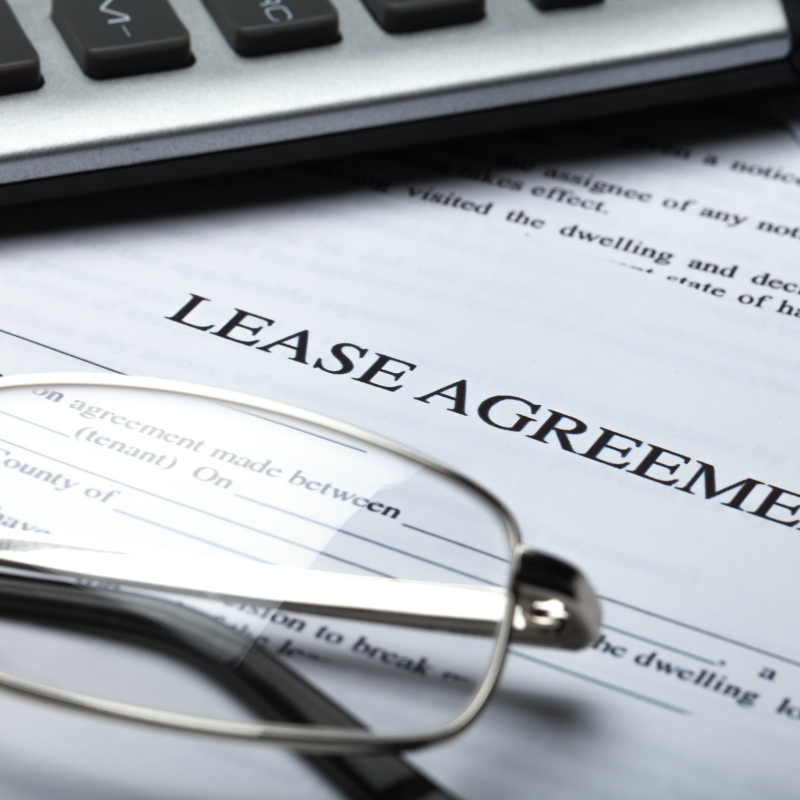
New York landlords must distinguish between normal wear and tear and damage caused by tenants. The tenant can be sued for damage caused by him, but normal wear and tear cannot be charged.
Holes in the walls, broken appliances, and excessive filth are all examples of intentional or negligent damage. Landlords must understand their rights and responsibilities when it comes to tenant damage.
This guide will explain how to avoid and resolve similar situations, as well as when tenants can sue for damages. Being informed and proactive assists landlords in protecting their investments and maintaining tenant satisfaction.
Navigating Renter’s Rights And Protections In New York State
As a landlord in New York State, you must understand renters’ rights and the protections that tenants have. The state has laws in place to protect both landlords and tenants, and landlords must navigate them carefully in order to prevent and deal with tenant damage to their rental property.
Tenants have the right to a habitable living space, so landlords must provide a safe and livable environment. Tenants must fulfill their responsibilities by paying rent on time and maintaining the property.
Landlords must be familiar with the specific laws and regulations governing renters’ rights and protections in New York State in order to effectively handle any tenant issues that may arise.
Social Media And Its Impact On Landlord-tenant Relationships

Relationships between landlords and tenants in the modern digital era are heavily influenced by social media. Social media has made it easier for renters to have their voices heard, thanks to sites like Instagram, Twitter, and Facebook.
An owner’s and their property’s credibility might take a hit as a result of this. However, landlords can also advertise their rental properties on social media to reach a wider audience.
Landlords should exercise caution when posting on social media, as this could potentially cause tension with their tenants. When using social media to communicate with their tenants, landlords should also be mindful of any privacy rules and regulations.
If New York landlords and tenants want to know how to handle tenant damage, they need to know how social media affects landlord-tenant relationships.
Can Landlords Sue Tenants For Rental Home Damage In New York?
As a landlord in New York, you must understand the laws and regulations that govern tenant damage to your rental property. Accidents can still occur even if you take precautions to avoid them.
In some cases, these damages may be minor and easily resolved between the landlord and tenant. However, there may be times when the damage is significant, and the landlord may decide to take legal action.
Landlords in New York can legally sue tenants for rental home damage in certain circumstances. This includes intentional or negligent acts by the tenant that result in substantial repairs or replacement costs for the landlord.
Before filing a lawsuit against a tenant, landlords should document the damages and seek legal advice.
Balancing Rent And Security Deposit Amounts As A Tenant
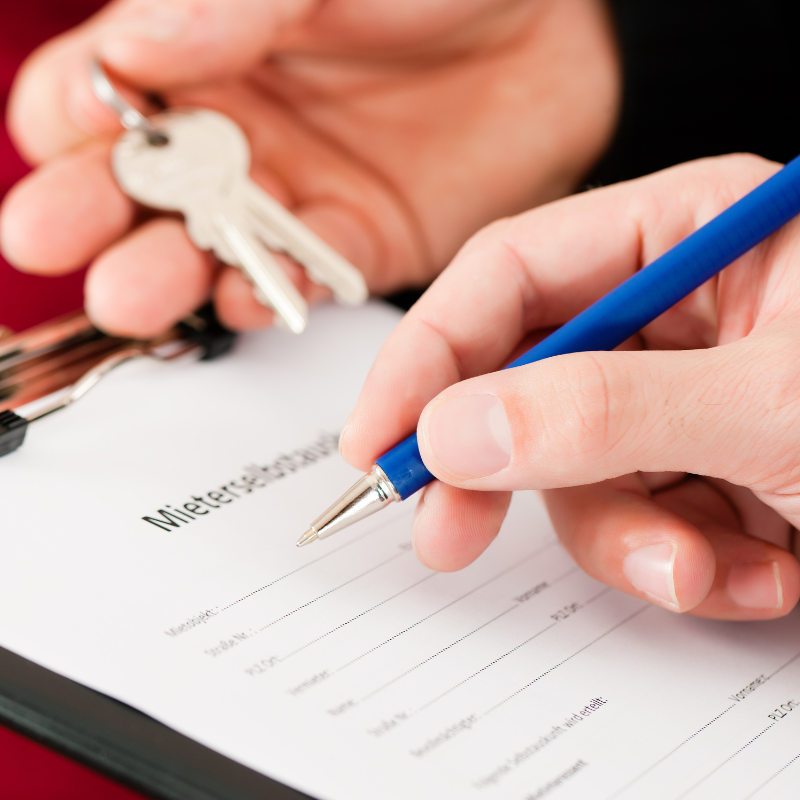
When renting out a property in New York, one of the most important things for landlords to consider is finding the right balance between the amounts of rent and security deposits. While it’s understandable to want to safeguard your investment from tenants who might cause damage, charging exorbitant security deposits might turn off prospective tenants and make it harder to fill rental units.
The flip side is that if you set a small security deposit, it might not be enough to pay for repairs in the event of damage. When deciding on a reasonable amount for rent and security deposit, landlords should thoroughly research the rental market and their property’s worth, factoring in things like location, amenities, and competition.
In addition to returning security deposits in accordance with state law, landlords should make the terms of the deposit very clear to tenants. Landlords can encourage responsible tenants and safeguard their properties from possible damage by determining an appropriate balance between rent and security deposit amounts.
Understanding The Legal Process Of Landlords Taking Tenants To Court
In New York, landlords must understand the legal process of taking tenants to court for damages to their rental property. This process can be complicated and necessitates knowledge of the state’s landlord-tenant statutes.
The first step is to give the tenant written notice, giving them a reasonable amount of time to fix the damage or pay for repairs. If they do not comply, you have the option of filing a housing court lawsuit.
It is critical to have documentation and evidence of the damage, as well as proof that you gave adequate notice. In court, a judge will hear both sides and determine if the tenant is responsible for the damage and the number of damages owed.
Follow legal procedures carefully and consult a lawyer if necessary.
Recent Developments In Tenant Protection Laws: What You Need To Know
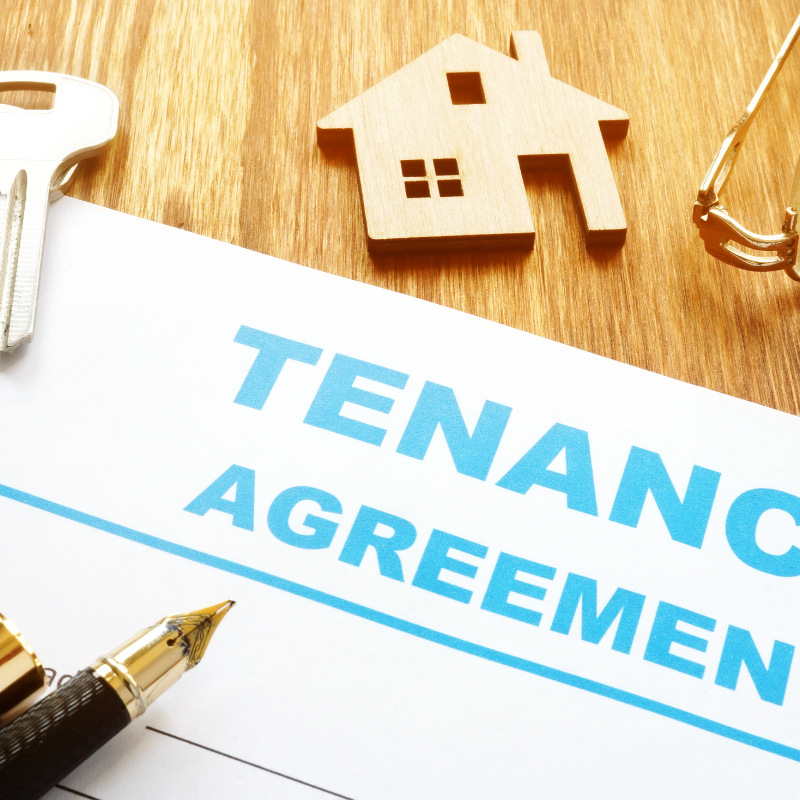
Recent developments in tenant protection laws have had a significant impact on New York landlords. Landlords must stay informed about changes to protect their rental properties and comply with the law.
One significant change is the introduction of harsher penalties for landlords who fail to provide safe and habitable living conditions for their tenants. Tenants now have more rights regarding lease renewal and eviction proceedings.
It is critical for landlords to understand these new laws and how they will impact their rental properties and tenant relationships. Failure to comply with these changes can lead to legal consequences for landlords.
Contacting A Firm For Legal Assistance With Landlord-tenant Issues
As a landlord in New York, you must have a plan in place to prevent and manage tenant damage to your rental property. However, even with your best efforts, there may be times when legal assistance is required.
In these cases, it is critical to contact a reputable firm that specializes in landlord-tenant disputes. They will have the necessary knowledge and experience to navigate any legal issues that may arise with your tenants.
Whether you’re dealing with property damage, eviction proceedings, or lease disputes, having a dependable legal team on your side can provide peace of mind and protect your rights as a landlord. When you need help, don’t be afraid to ask.
Free Strategy Session: Finding Solutions For Tenant Disputes And Concerns
One of the most difficult challenges you may face as a landlord in New York is dealing with tenant disputes and concerns, especially those involving potential property damage. A comprehensive strategy is required to ensure that you are prepared for any issues that may arise.
This includes holding regular strategy sessions where you and your tenants can openly discuss any issues or concerns and work together to find solutions. These sessions provide a free and neutral forum for resolving issues before they escalate, promoting a positive and cooperative relationship between landlords and tenants.
Dealing with disputes and concerns ahead of time allows you to avoid potential damage to your rental property and maintain its value.
Stay Steadfast For Justice: Standing Up For Your Rights As A Renter
It’s important for New York City renters to know what they need to do to keep their rental units safe and fix any damage that does happen. When damage does happen, you need to tell your landlord right away and do what you need to do to fix the problem.
This includes taking pictures of the damage and giving any information or proof that is needed. It is also important to follow any specific rules your lease agreement sets out for damage to property.
Damages that aren’t reported and fixed can cost you money, like having to pay for repairs or losing your security deposit. Also, tenants should know what their rights are when it comes to damage to their property that is caused by natural disasters or unplanned events, like plumbing or electrical problems.
By understanding and following these rules, renters can keep a good relationship with their landlord and keep their rental property in good shape.
Dealing With Property Damage As A Tenant In New York City
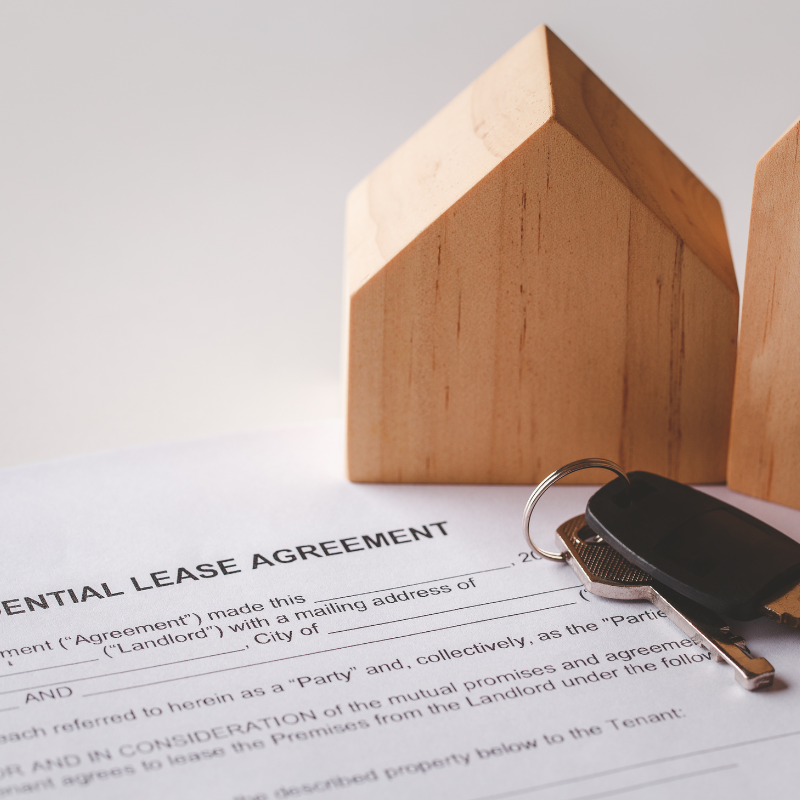
Protecting and managing property damage in your NYC rental unit is your responsibility as a tenant. If damage occurs, notify your landlord immediately and take action.
Please document damage with photos and provide any relevant evidence. Your lease agreement’s property damage procedures must also be followed.
Damages not reported can result in financial penalties like lost security deposit or repair costs. Tenants should know their rights for property damage caused by natural disasters or unforeseen events like plumbing or electrical issues.
By following these guidelines, tenants can keep their rental property in good condition and maintain a good relationship with their landlord.
Essential Clauses In Rental Agreements To Protect Tenants’ Rights
As a New York landlord, you must have a comprehensive rental agreement that protects both your property and your tenants’ rights. Clauses specific to tenant damage should be included in any rental agreement.
These clauses should outline the landlord’s and tenant’s responsibilities in the event of any damage caused by the tenant. This may include regular inspections, maintenance procedures, and clear guidelines for dealing with any necessary repairs.
Additionally, including language that clearly outlines how security deposits will be handled can help to protect tenants’ rights in the event of a damage dispute. By including these important clauses in your rental agreements, you can help to avoid misunderstandings and conflicts over property damage between you and your tenants.
Evictions And Illegal Actions By Landlords: How To Protect Yourself
It’s important for New York landlords to stay safe from evictions and other illegal actions. One way to do this is to give tenants a lot of information about themselves before letting them rent your property.
This includes checking their rental history and doing thorough background checks. Additionally, it is very important to have a solid lease agreement that spells out the rules and the consequences of breaking them.
This is important to keep records of any damage or illegal behavior by tenants and follow the correct legal steps for eviction. Consulting a lawyer can also help you make sure you’re following all the rules and protecting your landlord’s rights.
You can avoid or deal with any possible evictions or illegal actions by tenants in your New York rental property if you are proactive and take the essential precautions.
Am I Responsible For Repairs As A Tenant In New York?
As a tenant in New York, you must understand your obligations when it comes to repairs and damages to your rental property. Tenants are generally liable for any property damage they cause.
This includes both intentional and negligent damage. Landlords, on the other hand, are responsible for keeping the property in good condition and making it safe for tenants to live in.
Both parties must clearly outline their responsibilities in the lease agreement. As a tenant, you must notify your landlord of any damages or necessary repairs as soon as possible and give them a reasonable amount of time to resolve the issue.
Failure to do so may result in financial responsibility for the repairs.
Tenancy Termination Procedures And Your Rights As A Tenant
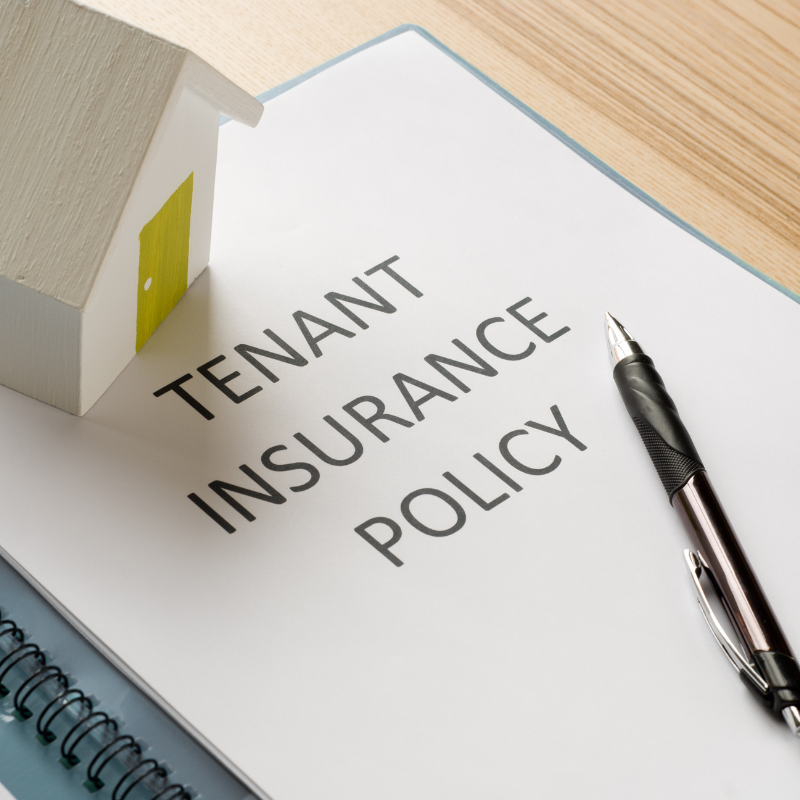
To end your tenancy in a New York rental property, you must be aware of your rights and procedures. In most cases, landlords have the right to terminate a tenancy if the tenant has damaged the property or violated any of the lease terms.
Landlords must provide written notice to tenants, stating the reason for termination and providing a time frame to resolve the issue. Tenants also have the option of requesting a hearing with their landlord or taking legal action if they believe their termination was unjustified.
It is critical that both landlords and tenants understand these procedures and rights in order to avoid and resolve any potential disputes that may arise during tenancy termination.
Can A Landlord Sue For Damages In NY?
As a landlord in New York, you must understand your rights and options regarding tenant damage. While prevention is always preferable, accidents and intentional damage are still possible.
In such cases, many landlords wonder if they have the legal right to sue their tenants for damages. Yes, under certain conditions.
Landlords in New York can sue tenants for damages that exceed normal wear and tear or are intentionally caused by their negligence or misconduct. Before pursuing legal action, landlords must thoroughly document all damages and provide evidence of their efforts to resolve the issue.
You can effectively prevent and deal with tenant damage in your New York rental property if you are well-versed in your landlord rights.
What Repairs Are Landlords Responsible For In NY?
As a landlord in New York, you must understand your responsibilities when it comes to rental property maintenance. The New York State Attorney General’s Office states that landlords must keep their properties in compliance with all applicable laws and regulations.
This includes making certain that the premises are safe and habitable for tenants. Landlords are responsible for structural, plumbing, heating, and electricity repairs.
They must also address any health or safety hazards like mold or lead paint. Landlords must stay on top of their repair obligations in order to avoid tenant damage and legal disputes.
What Are My Rights As A Tenant In NY State?
As a tenant in New York, you should be aware of your rights when it comes to preventing and dealing with damage to your rental property. According to state law, landlords are responsible for maintaining the property and ensuring that it is safe and habitable for tenants.
This includes making the necessary repairs and dealing with any potential hazards. As a tenant, you have the right to request repairs and expect them to be completed promptly.
You also have the right to withhold rent or terminate your lease if the landlord fails to address health and safety concerns. It is critical for tenants to understand their rights under New York state law in order to protect themselves from potential harm and ensure a fair and equitable rental experience.
What Is Section 227 Of The Real Property Law In NY?
Section 227 of New York’s real property law protects landlords from tenant damage to rental properties. This statute defines tenants’ responsibilities for maintaining and preserving the condition of their rental units.
It also advises landlords on how to deal with and recover damages caused by tenants, including taking legal action if necessary. As a landlord, you must understand the provisions of Section 227 and ensure that your lease agreements clearly outline these responsibilities for your tenants.
Within the framework of this comprehensive guide, you can effectively prevent and manage tenant damage to your New York rental property by following proper procedures and documentation.
These findings apply throughout New York State, including in cities such as New York, Buffalo, Rochester, Yonkers, Syracuse, Albany, and nearby areas. For more assistance, please call us at (631) 336-9166 or visit our website.
More Resources For Sellers In New York
| MONTH-TO-MONTH | TENANCIES | RENTED | SUBLETTING | SUBLET | SUBLEASE |
| LESSORS | NEW YORK, NY | NYC | RENT STABILIZED | RENT-CONTROLLED | RENT CONTROLLED |
| RENT CONTROL | RENT STABILIZATION | RENT REGULATION | EVICTED | EVICTION NOTICE | FEES |
| SURCHARGE | DISABILITIES | DISABILITY | PAYMENTS | INTEREST | COMPENSATORY |
| CONSENT | CHILDREN | CHILD | CHILDHOOD | WARRANTY | LEAD-BASED PAINT |
| HABITABILITY | DOOR | TEMPERATURE | RECEIPT | HARASSMENT | HARASSING |
| PROPERTY OWNER | SMOKE | COMPANION ANIMAL | OCCUPANCY | MONOXIDE | CARBON MONOXIDE |
| CARBON | RENT REGULATION IN NEW YORK | RENT REGULATED | RENT-REGULATED | OIL | MONEY |
| CARBON MONOXIDE ALARM | CARBON MONOXIDE DETECTORS | BUILDING | WATER | REAL ESTATE | HOMEOWNER |
| OWNER-OCCUPIED | OWNER OCCUPANCY | LEGAL SERVICES | HP | EMPLOYEES | VACANCY |
| EMPLOYMENT | CONTRACTOR | OFFENSE | CRIMINAL | CRIME | COURT ORDERED |
| COURT ORDER | TAX | ROOM | POLICY | LEAK | |
| LATE FEE | EXPENSES | EMERGENCY | DISCRIMINATORY | DISCRIMINATION | BANK |
| THE LEGAL AID SOCIETY | CERTIFIED MAIL | REASONABLY FORESEEABLE | NEGLIGENTLY | LEGAL AID | LEAD POISONING |
| LEAD EXPOSURE | LITIGATION | INSURANCE | INSURANCE COMPANIES | DOG | BANK ACCOUNT |
| ALBANY | ALBANY, NY | AFFORDABLE HOUSING | VERMIN | U.S. | UNITED STATES |
| TENANT SCREENING | SANITARY | POLICE DEPARTMENT | POLICE | DIVISION OF HOUSING AND COMMUNITY RENEWAL | NEW YORK STATE DIVISION OF HOUSING AND COMMUNITY RENEWAL |
| MATTER | HVAC SYSTEM | DUST | COMPANY | PERSONAL CHECK | CASH |
| ANIMAL |

![we buy houses for cash [market_city]](https://image-cdn.carrot.com/uploads/sites/36835/2022/09/We-Buy-Houses-Cash-Home-Buyers-1920x800.png)
